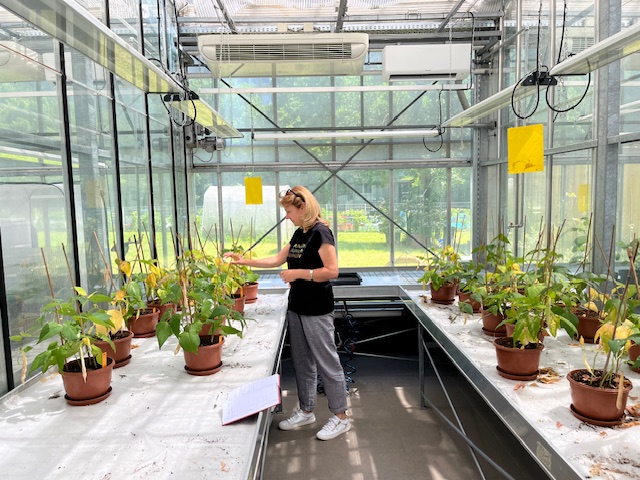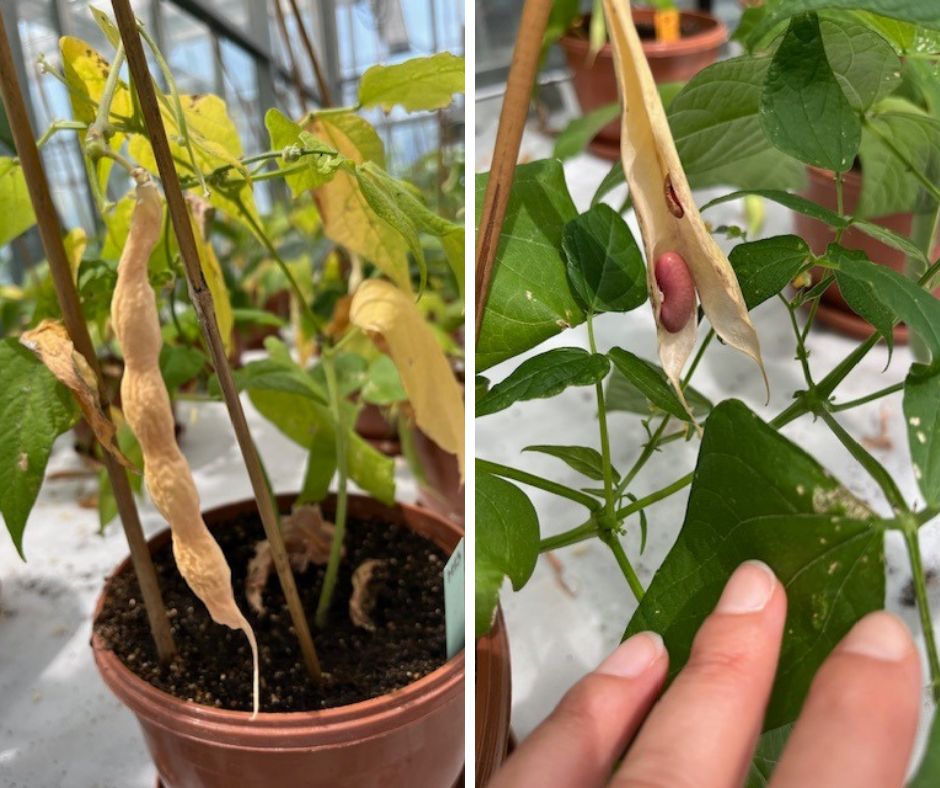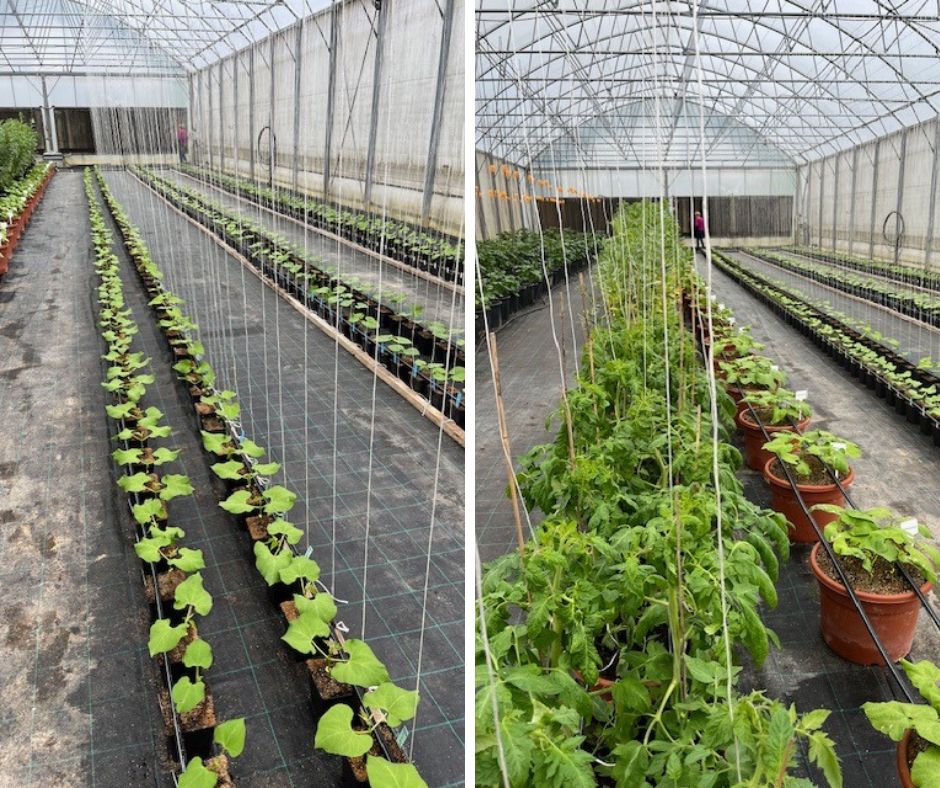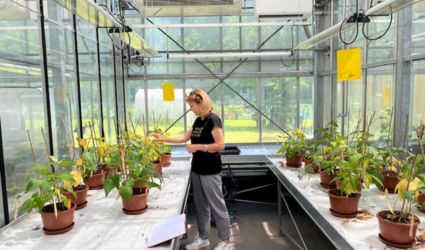As part of the EU-funded CREDIT Vibes project, Dr. Vesna Perić from the Maize Research Institute “Zemun Polje” (MRI), Serbia, participated in a four-week staff exchange program at the Agricultural Institute of Slovenia (KIS). This training opportunity focused on enhancing research capabilities in the fields of genotyping, phenotyping, and statistical analysis in crop breeding—key components of the project’s Work Package 1 (WP1): Nutribreeding for human health and animal feed.

The training, led by Dr. Barbara Pipan and Dr. Vladimir Meglič at KIS’s Crop Science Department, was designed to equip participants with practical and theoretical knowledge in advanced plant breeding techniques. Dr. Perić’s activities were structured into multiple modules, including planning and preparation of research tasks, laboratory protocols for common bean genotyping (DNA extraction, PCR, CyFlow analysis), and phenotyping practices in screenhouses and experimental fields.
During the exchange, Dr. Perić became familiar with genetic and phenological evaluation of bean parental material and engaged in the application of statistical tools for interpreting genotypic and phenotypic data. One significant component of the program was her involvement in a pilot study exploring the effects of induced mutations in common beans. The study, using gamma radiation to introduce genetic variability, aims to identify superior mutant lines with enhanced traits. Genotypic and phenotypic data from this experiment will be analyzed to locate mutation-affected genomic regions and assess the stability of those changes over generations.


In addition to the laboratory and fieldwork, Dr. Perić visited the Infrastructure Centre Jablje, where she observed first-hand the breeding practices and facilities used for seed production and experimental research on legumes.
The exchange program was structured around interactive learning methods, including field demonstrations, hands-on lab work, and collaborative discussions. It successfully contributed to enhancing the researcher’s competencies in molecular breeding and data interpretation—skills crucial for future contributions to nutribreeding and crop improvement for food and feed security.
This initiative reflects the core mission of CREDIT Vibes: fostering collaboration and capacity-building among research institutions to advance sustainable agricultural innovation in Europe.


